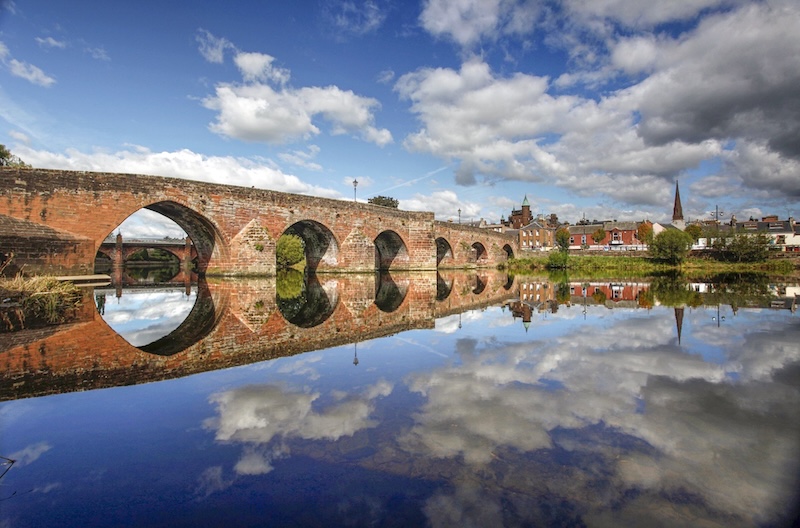
A few days ago, I was sitting on the front porch, sipping my morning cup of coffee. It promised to be another lovely day—warm and dry, hardly a cloud in the sky. I was woolgathering, not thinking about anything in particular, when I happened to see a leaf drifting down from the tall sycamore tree that holds sway over our quiet little street. I followed its drift, then another, and another, one-by-one, when suddenly, a thought crashed into my mind: those leaves are like the human and civil rights enshrined in our Constitution, and one by one, they are falling. Pretty soon, that tree—the tree that protects our cherished home— will be bare.
Leaf fall is a natural phenomenon triggered by shorter days and cooler temperatures. That kind of autumnal weather induces hormonal changes in trees, causing them to prepare for winter dormancy. It’s all part of the cycle of life: the leaves detach and fall, and in their death, they provide some practical benefits: nutrients for the soil and habitat for wildlife. New life from death—what a concept!
We are living through a menacing period of our history. The leaves that are falling all around us don’t seem to promise much of anything except more and more chaos. Soon, the trees that have always protected our nation—our laws, our system of justice, even our cherished Constitution—will be bare. In the natural world, leaf fall makes biological sense, but in the political life of this nation, it’s an ominous situation that leaves us all adrift and unprotected.
As much as I hate to write this, America is broken. Our freedoms and rights, respect, decency, even the most common of courtesies have detached from the limbs of our nation’s tree and fallen into the gutter; nothing good can come of their demise. Hope may spring eternal somewhere, but I’m finding it harder and harder to find a modicum of it anywhere in America these days. I suppose it’s possible that something good will grow out of this mess, but I fear we will have a lot of raking to do before anything can sprout again. If natural leaf fall symbolizes seasonal transformation and the cycle of life, let’s hope its political counterpart can lead to something just as enduring and productive.
Civil war may be an oxymoron, but it’s an incredibly dangerous one. We should have learned that lesson 165 years ago, but apparently we didn’t. As incredible as it sounds, we’re on the brink of another civil war, and this time, there are no great statesmen to guide us through the darkness. Just the opposite, in fact. Today’s so-called leaders are the very ones stoking the fire, and they have neither the knowledge nor the will to extinguish its flames.
There is a school of thought that believes raking leaves is not sound environmental practice. So instead of raking this fall, I will get out my lawnmower and mulch all those fallen leaves, turning them into nitrogen and good organic matter that will protect root systems and preserve soil moisture. I wish the solution to the political counterpart of all those falling leaves were that simple, but sadly, it isn’t. However, I will not despair. For every leaf that falls from our collective national tree, I will keep on doing what needs to be done.
I’ll be right back.
Jamie Kirkpatrick is a writer and photographer who lives on both sides of the Chesapeake Bay. His editorials and reviews have appeared in the Washington Post, the Baltimore Sun, the Philadelphia Inquirer, the Pittsburgh Post-Gazette, the Washington College Alumni Magazine, and American Cowboy Magazine. His most recent novel, “The Tales of Bismuth; Dispatches from Palestine, 1945-1948” explores the origins of the Arab-Israeli conflict. It is available on Amazon and in local bookstores. His newest novel, “The People Game,” hits the market in February, 2026. His website is musingjamie.net.





